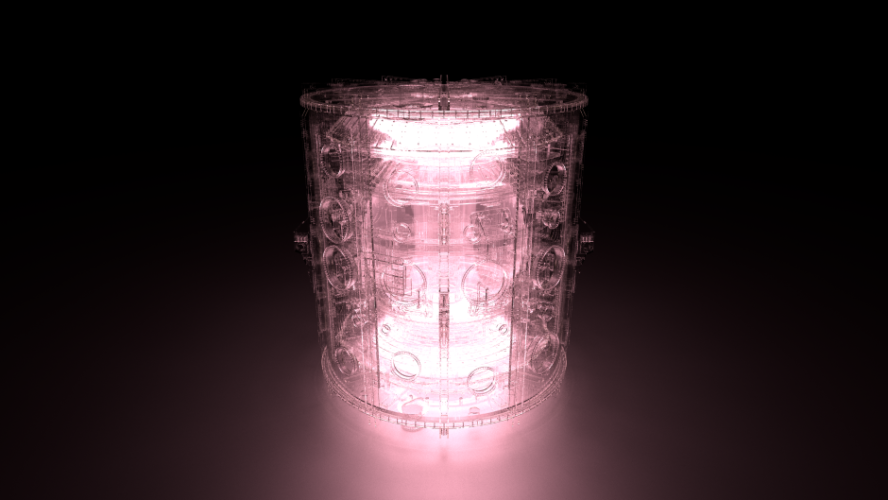
The landmark event, which came after seven years of construction and £55m in EPSRC funding, brings the UK closer to building its first fusion power plant by 2040.
Fusion power: breeder blankets and diverter technologies put to the test
Beyond ITER – next steps in fusion power
In a statement, UKAEA CEO, Professor Ian Chapman, said: “MAST Upgrade will take us closer to delivering sustainable, clean fusion energy. This experiment will break new ground and test technology that has never been tried before. It will be a vital testing facility on our journey to delivering the STEP fusion power plant.”
Fusion energy is achieved by fusing hydrogen particles in a hot gas – plasma - to unlock large amounts of energy. It is seen as having the potential to deliver abundant, inherently safe low-carbon electricity, but operating fusion technologies requires the exact control of extreme heat, gas and powerful magnetic fields, amongst other complex systems.
According to the UKAEA, a major challenge in fusion research has been to extract the amount of excess heat from the plasma. UKAEA’s scientists now plan to test a new exhaust system called the ‘Super-X divertor’ at MAST Upgrade that will channel plasma out of the machine at temperatures low enough for its materials to withstand.

The approximate tenfold reduction in heat arriving at the internal surfaces of the machine has the potential to effect the long-term viability of future fusion power stations.
MAST Upgrade will be the forerunner of the UK’s prototype fusion power plant, Spherical Tokamak for Energy Production (STEP), due for completion by 2040.
UKAEA is designing STEP in an initial £220m government-funded programme that will be based on MAST Upgrade’s ‘spherical tokamak’ fusion concept, offering a potential route to a compact fusion power plant. MAST Upgrade will also aid preparations for ITER – the world’s largest science megaproject, now being built in the South of France, which intends to demonstrate fusion power on an industrial scale.
“MAST Upgrade ensures the UK is in the premier league of countries working on fusion – and will be vital in achieving UKAEA’s goal of building the STEP fusion power plant," said Professor Chapman.










Comment: New oil is a lose-lose for the offshore economy
The spill map from the <u>every day</u> link in the report looks to be roughly 400km × 400km @ say 100m average depth = 16,000 cubic <b>kilometres...